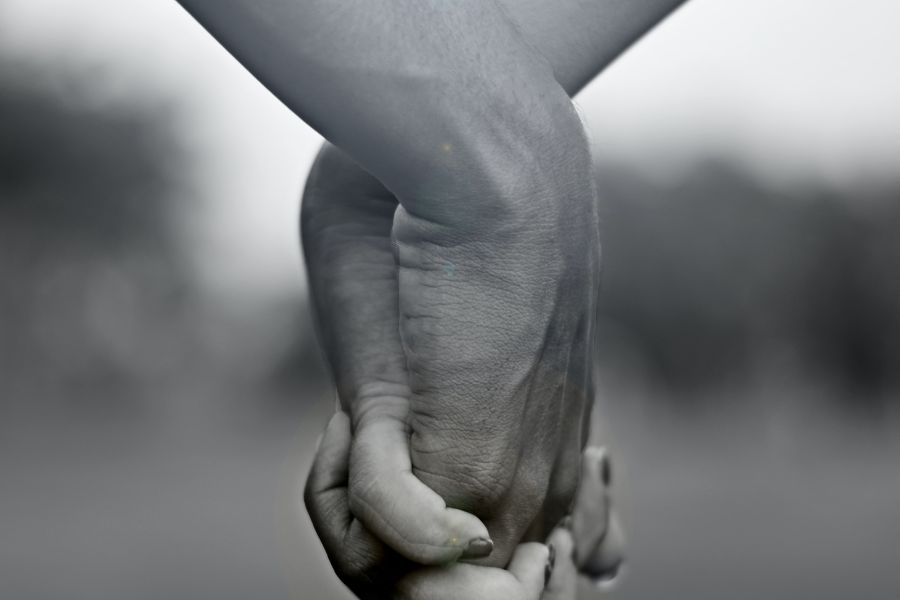Post-traumatic stress disorder, or PTSD, is a mental health condition that affects many people.
Unlike other issues that arise because of genetics or heredity, PTSD occurs because of traumatic life experiences. They cause your loved one to be always on guard against danger or have terrible flashbacks that can be terrifying.
Those who struggle with PTSD may also have difficulties with substance abuse as well.
It’s hard watching your loved one struggle with PTSD, and you want to help. Here are four tips for how you can help your loved one with PTSD.
1. Understand What PTSD Is
First, it’s important to do your homework and learn what you can about PTSD.
PTSD occurs when someone lives through traumatic experiences. These could be moments of extreme violence, such as an accident, military combat, criminal activity, or a natural disaster.
However, PTSD can also occur from psychological or emotional trauma as well. For instance, growing up with a parent who was always critical or was emotionally abusive.
These experiences live under the surface for your loved one. They haven’t gone away, even if it’s been a long time since those events happened. All that is needed is a reminder in the form of a triggering event to bring those events back. For your loved one, this means a life spent in anguish, pain, guilt, and anxiety.
2. Stay Involved
One trait associated with people who have PTSD is withdrawal from others. They retreat from social activities or interactions with those who care about them. Be aware of this and make sure that you stay involved in their life. For example:
- Attending sporting events, movies, etc.
- Planning a game night together
- Cooking meals
- Playing music
- Doing physical activities, such as exercising
Staying involved in their life helps your loved one to feel valued. Often survivors of trauma will struggle to find any meaning in their life. They question why they survived when someone else did not. What they need to know is that they are valued and loved.
3. Listen Objectively
When you talk to someone about their PTSD, they may lash out. They may say things that are hard to hear. Some could even be personally hurtful. Know your boundaries about what is and is not acceptable behavior. However, try to listen as objectively as possible.
One struggle of those with PTSD is that other people don’t understand what they have experienced. This contributes to their isolation and further drives them towards depression. You can help and make a profound difference just by being present and listening.
Acknowledge what happened and be supportive. If your loved one is reluctant to talk, try to encourage them to do so. But be aware of pushing too much.
4. Encourage PTSD Treatment
Finally, you can help your loved one by encouraging them to seek treatment for their PTSD. People often avoid therapy because they fear it will stigmatize them. You can support your loved one by normalizing therapy.
Help them understand it is okay for them to get help. Therapy doesn’t mean that they are weak. Instead, it brings out that inner strength that they already have. Also, let them know that a therapist won’t judge them. Rather, they want to help your loved one to resolve their trauma so that they no longer have to struggle as much with PTSD.
People with PTSD need what’s referred to as natural support systems. These are the things that already exist in their lives that keep them grounded to help cope with PTSD. Family, friends, and loved ones fall into this category.
Remember, if you are concerned that your loved one is a risk to themselves and needs immediate help, call 911. However, for long-term treatment, contact us at 256-686-9195, to find out how trauma counseling works.

